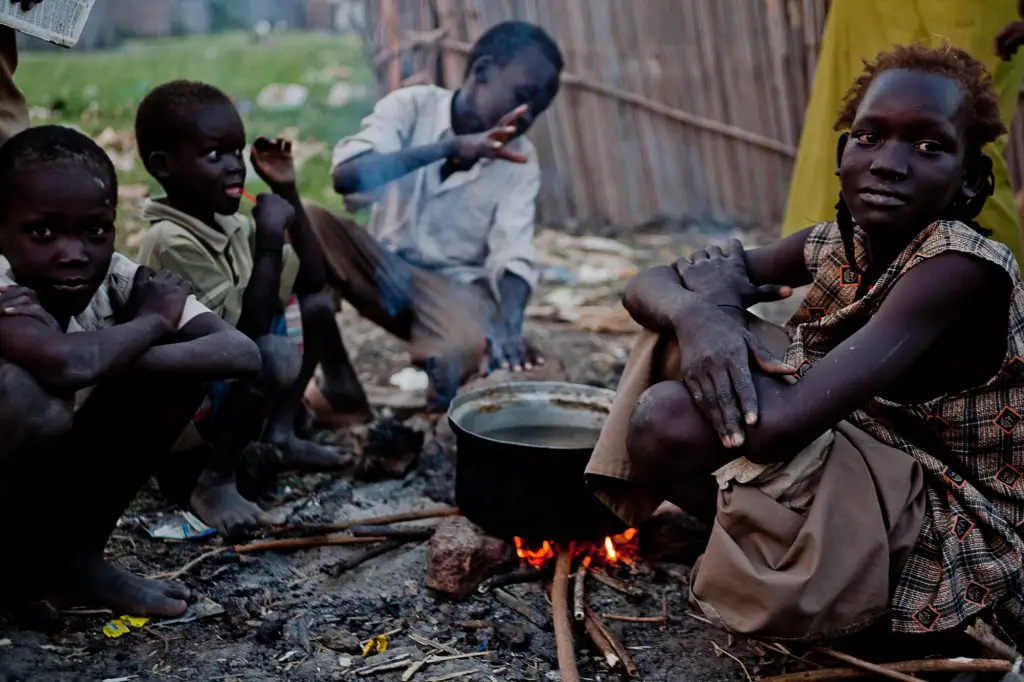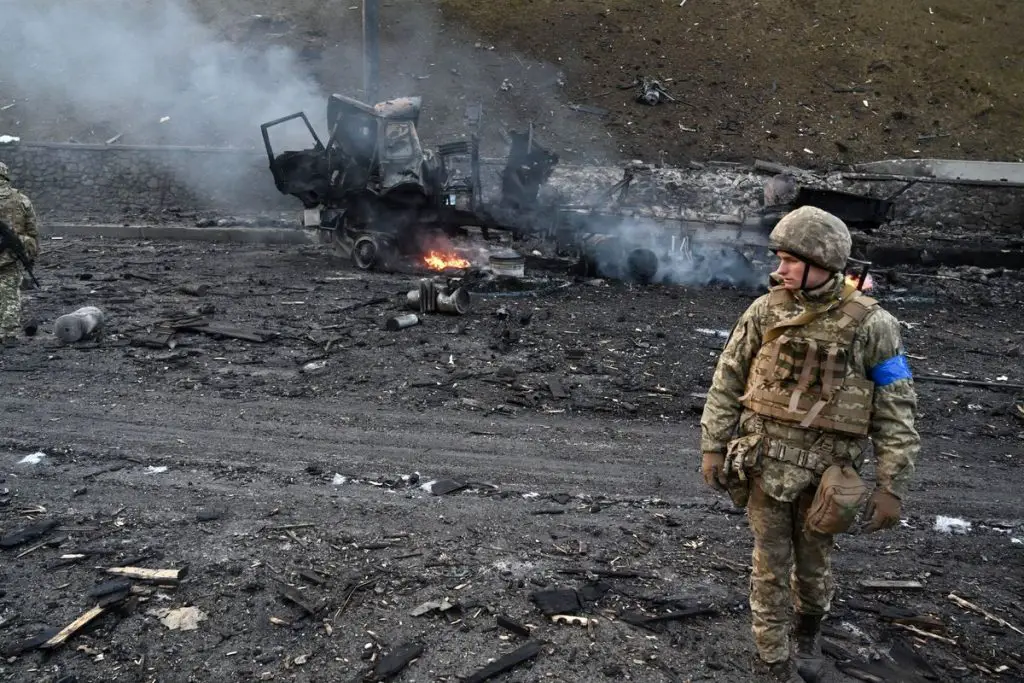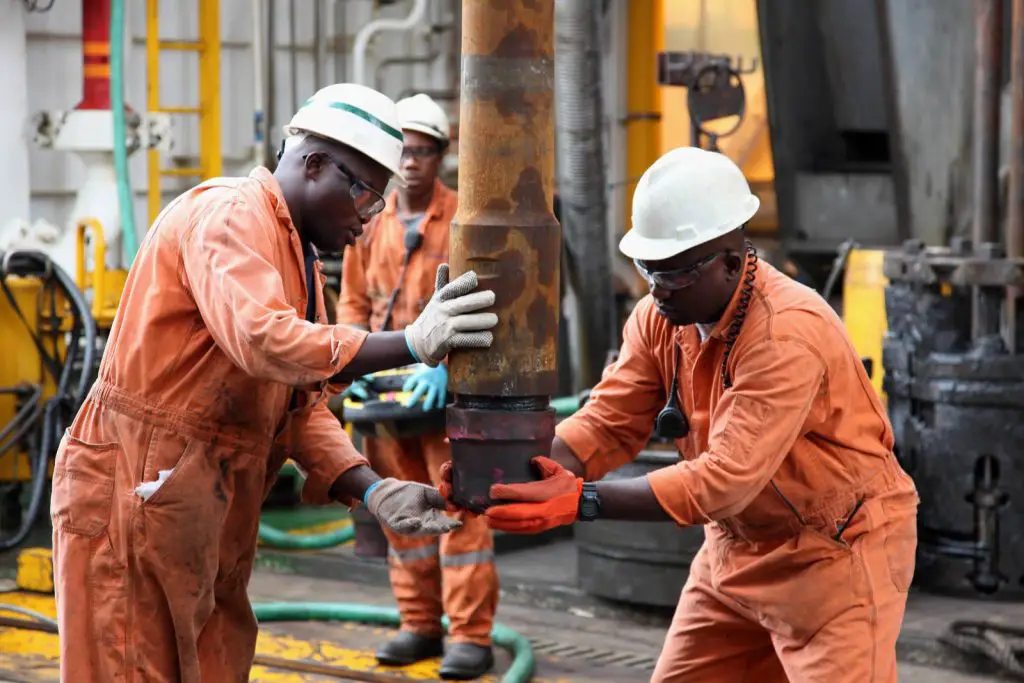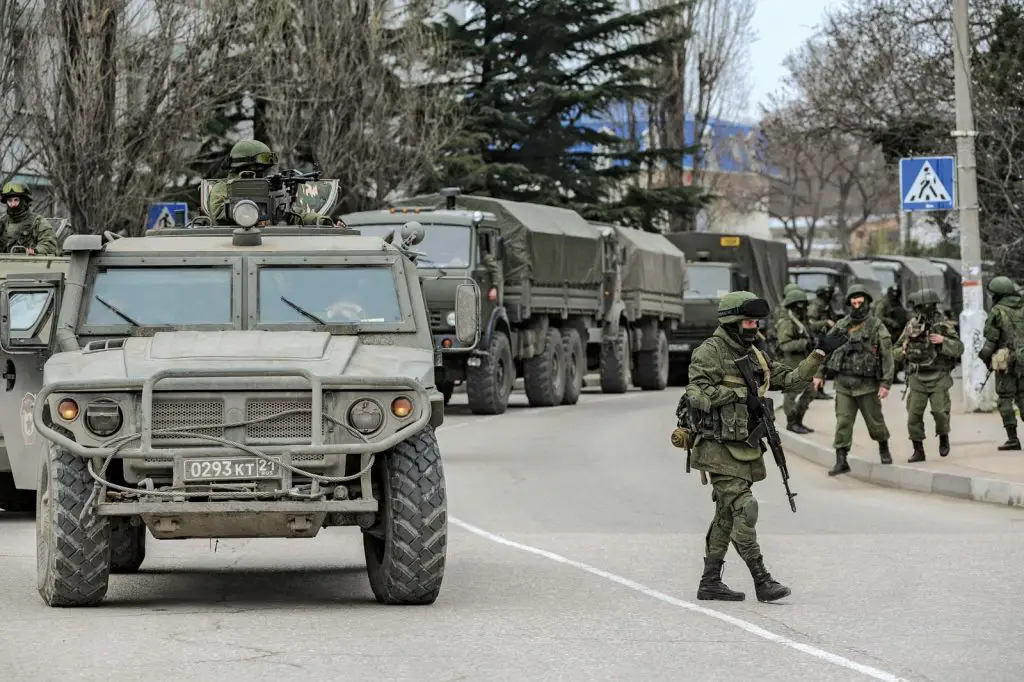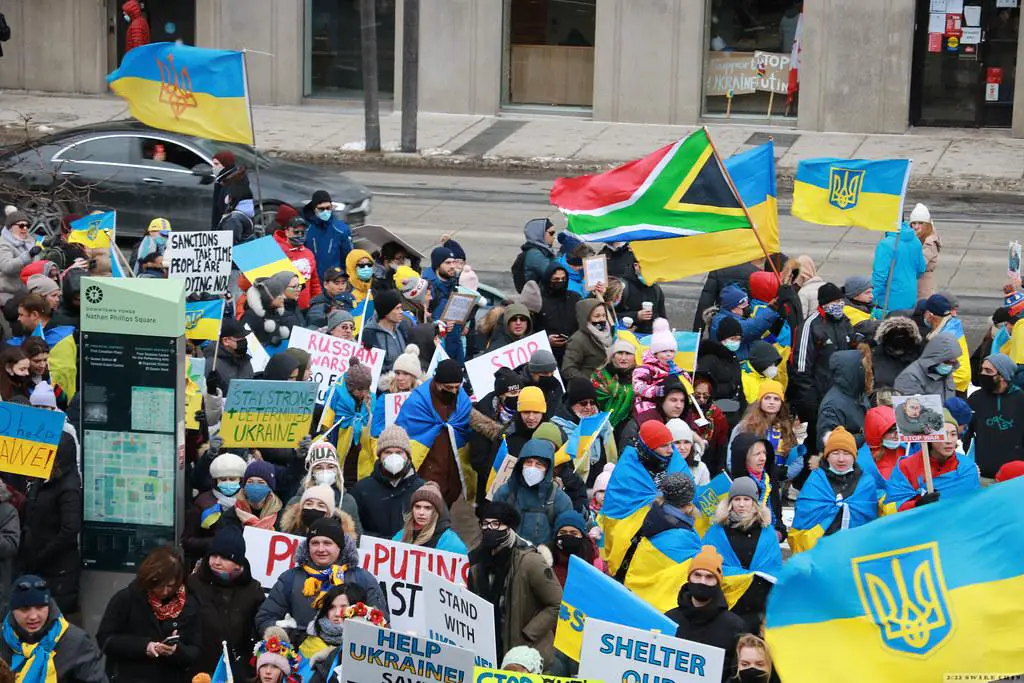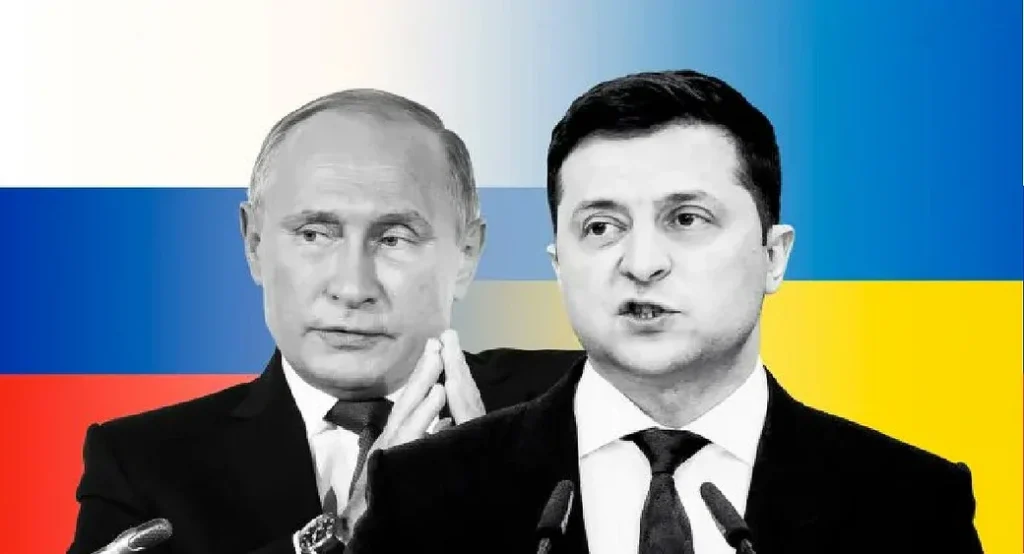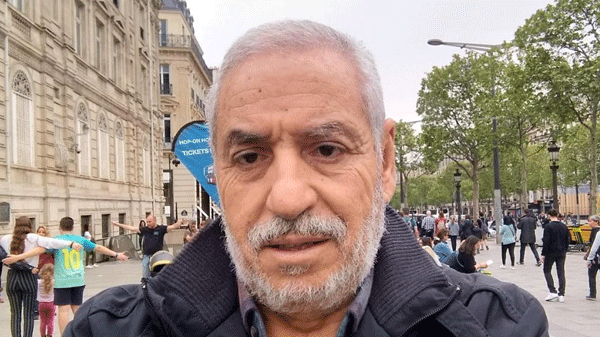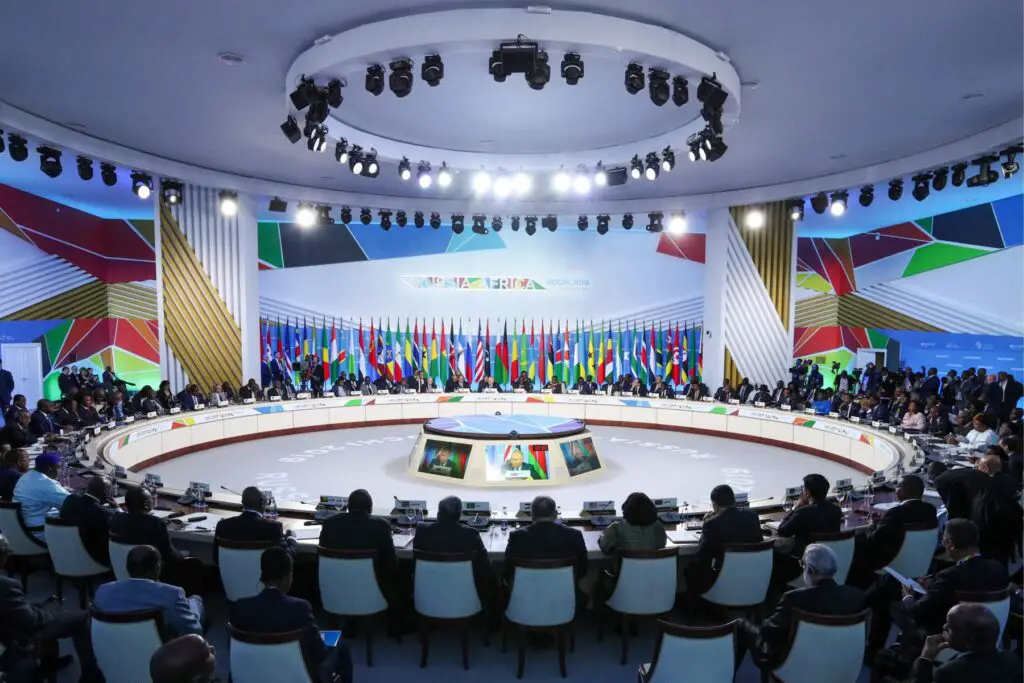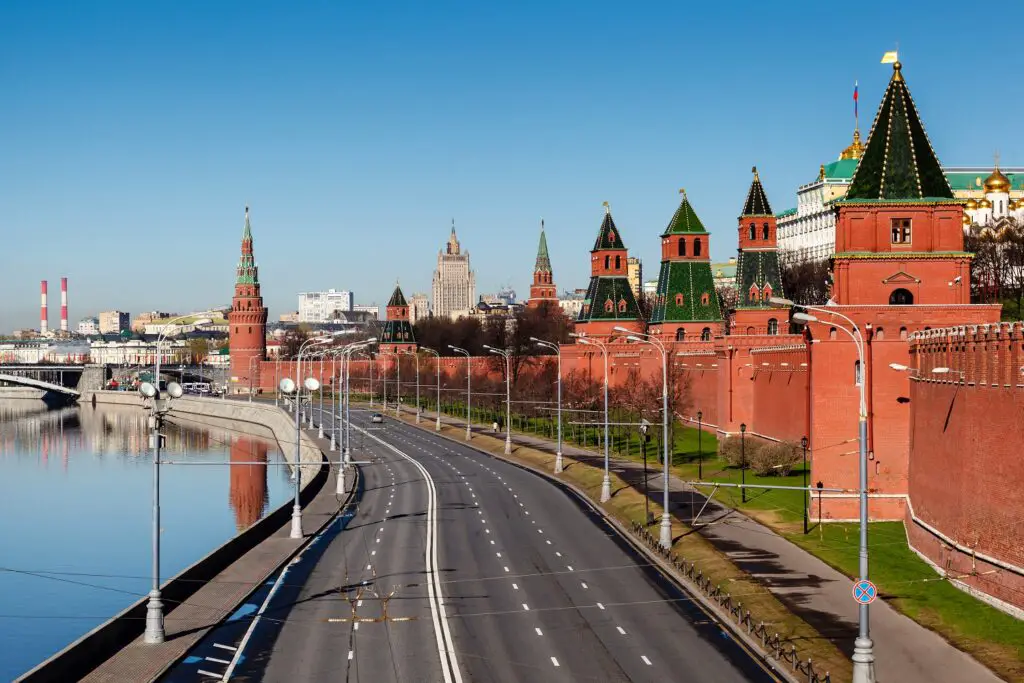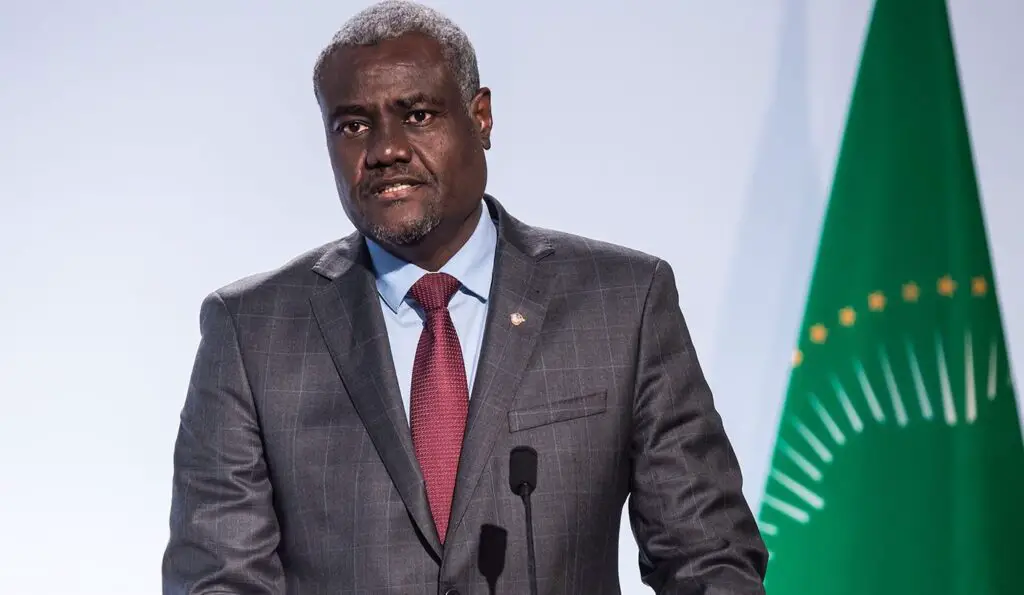- Africa’s new dawn: the rising role of digital and AI in agriculture
- Can Dangote Refinery Transform Africa Energy Ambition
- Gallup Survey: 80 per cent of Kenyan Workers Are Disengaged and Seek New Opportunities
- Madagascar Man Freed from 5KG Tumor After 15-Year Struggle
- How women in Africa are perceived and treated
- Sugar consumption in Kenya to Increase to 1.23 Million Tonnes
- Can Somalia and Turkey Oil deal Bring Change in Somaliland
- Remittances to Kenya dropped to $371.6 million in June, marking a six month low
Browsing: Russia
- AfDB aims to assist 40 million farmers in raising their production of heat-resistant wheat varieties, soybeans, and rice, among other crops, to feed around 200 million people
- In Africa, climate change threatens to eat into 15 per cent of Africa’s gross domestic product (GDP) by 2030
- Sanctions against Russia have dealt a blow to grain shipments at a period when universal stockpiles were already experiencing a stretch
War victims are sometimes found away from the battlefield. This is the case with Russia’s brutal invasion of Ukraine. Even as the fighting there causes immeasurable destruction and suffering, it also threatens a silent crisis in Africa.
The conflict has sent the food prices in Africa over the roof, making life further complicated for the 283 million already threatened by hunger within the continent. The war in Ukraine has also laid bare Africa’s unending reliance on food imports. Wheat imports represent about 90 …
The Ukraine invasion by Russia and the resulting conflict has created an economic vortex for the whole world.
Reports state that from the time the Ukraine invasion began at least 10 million people have been displaced from their homes creating a humanitarian crisis. The invasion is a cause for concern for African countries many of which have ties with Russia which lent them military support in their respective struggles for independence. Several of them like Zimbabwe abstained from voting against the Ukraine invasion out of fear of straining relations with Moscow.
The adverse effects of the Ukraine invasion stem from economic contagion resulting from globalization. Countries that were dependent on Ukraine and Russia for their exports will record lower exports and subsequently lower income. Prior to its invasion Ukraine had been a hub for education at a higher level for African countries.
Post the Ukraine invasion prices of commodities and …
As a gigantic energy superpower, Russia’s foreign direct investment (FDI) accounts for less than 1 per cent of Africa’s total FDI.
However, African Business argued that, with Russia being a small trading partner to Africa compared to the United States and China, the impact on trade would be marginal—yet few Africa developing economies such as Uganda will be more exposed.
Further, United Nations Conference on Trade and Development (UNCTAD) data show that Russia accounts for 2 to 3 per cent of Africa’s trade with the world—most of it is exports.
“Russia also accounts for 2 per cent of the world’s exports to Africa, and only 0.5 per cent imports from the continent” African Business.…
“Both Angola and Mozambique have a very limited level of trade with Russia and Ukraine; Angola imports wheat and yeast from Russia, while Mozambique imports a significant amount of wheat and a small amount of refined oil from Russia,” Oxford Economics Africa analyst who follows these two African economies told Mozambique News Agency.
“It appears that, at least for now, Angola is generally benefiting from higher oil and gas prices, which are partially driven by the conflict,” Gerrit van Rooyen said in remarks from Paarl, South Africa. Higher oil prices are positive for government revenues,” the analyst added. If the rise is sustained, “this could increase investment in Angola and lower debt levels faster than previously anticipated.”
“If gas prices remain high due to the conflict, this will be positive for investments in Mozambique’s liquefied natural gas [LNG],” his analysis continues, since “the profits from the natural gas in the …
- More than 677,000 have fled Ukraine to Poland, Romania and other countries
- African students in Ukraine are facing racial discrimination at the border, reports say
- Around 20 per cent of student studying in Ukraine are African citizens
- Russia invaded Ukraine on 24 February
Ukraine—as occupied with the war against Russian invasion, the European nation has been an investment partner to Africa for a while. Sadly, that relationship could be at risk as the ongoing crisis unearths troubling events detrimental to both sides, as Africans in Ukraine face hell.
The first in Europe in proven recoverable reserves of uranium ores, Ukraine is not new to African business landscapes nor productive interaction with Africa and its citizens through trade and education.
Unfortunately, the European nation broiled into war holds around 20 per cent of African citizens as international students.
Read: Corporate Apartheid Real in South Africa?
Most of the students from Africa …
Ethiopia is the biggest Wheat producer in Africa, producing about 5.1 million tonnes in the 2020/2021 financial year. Russia’s restriction on the importation of Wheat has created a business gap in the African market and all over the globe.
Russia and Ukraine account for more than 70 per cent of Egypt’s imported wheat demand. In 2019, wheat imports from Russia to Egypt were worth US$2.55 billion, and Nigeria’s imports amounted to US$394 million. Other countries that import Russian Wheat include Sudan, Senegal, Tunisia and Morocco. Ethiopia will hold talks with Egypt and Sudan in March 2022 over the Nile waters’ use. Both countries are importers of Wheat, and production in Ethiopia could fulfil the demand from these two countries without exerting pressure on their production.…
While Russia’s preferred visions and modes of action in the Maghreb seem to be fairly well identified, the perceptions and expectations, but also the possible reservations on the Maghreb are more rarely expressed by the leaders of these countries and little-studied at the academic level.
Perhaps we should look at this, as far as the powers that be are concerned, a concern for discretion regarding the sensitive aspects of this foreign policy component – this is particularly true for Algeria – an area on which they generally communicate little and for the academic research community in North Africa, a lack of knowledge related to the history, geography and culture of contemporary Russia.
If there is undoubtedly, on the Maghreb side and with important nuances from one country to another, a manifest interest in a development or a deepening of the partnership with Moscow, questions may remain about Russia’s objectives, especially …
Apart from the absence of a public strategy for the continent, there is a lack of coordination among various state and para-state institutions working with Africa.
Despite the growth of external players’ influence and presence in Africa, Russia has to intensify and redefine its parameters. Russia’s foreign policy strategy regarding Africa has to spell out and incorporate the development needs of African countries.
Unlike most competitors, Russia has to promote an understandable agenda for Africa: working more on sovereignty, continental integration, infrastructure development, human development (education and medicine), security (including the fight against hunger and epidemics), normal universal human values, the idea that people should live with dignity and feel protected.…
An additional advantage is that African government representatives and heads of many international organizations work in this city.
South Africa and Egypt, as possible alternatives, were thoroughly discussed as South Africa and Russia are members of BRICS, and Egypt has excellent post-Soviet relations.
Reminding that the first summit held in Sochi was co-chaired by President Vladimir Putin and Egyptian President Abdel Fattah el-Sisi, who also rotationally during that year headed the African Union.
The large-scale Russia-Africa summit, held in Sochi in October 2019, and described as the first of its kind in the history of Moscow’s relations with Africa, attracted more than 40 African presidents, as well as the heads of major regional associations and organizations. …
By 2022, France plans to reduce and move its troops and will be restricted to regions that are not strategic for combating terrorism, which indicates that they will probably only act in the security of specific points, such as diplomatic and international organizations facilities.
That ends the so-called “Operation Barkhane”, which was a military mission marked by a tactic of permanent occupation of the Sahel countries by French troops.
The French government, however, apparently will try to reorganize its strategy in Africa. It seems that the focus of action will turn to the Gulf of Guinea.…





